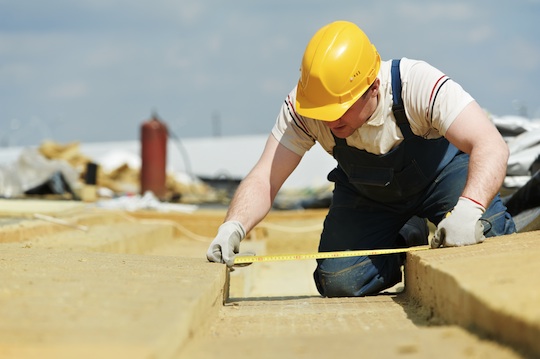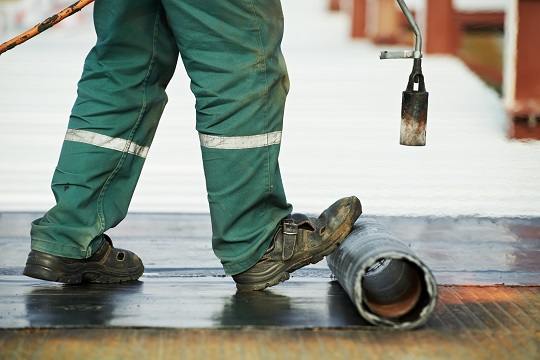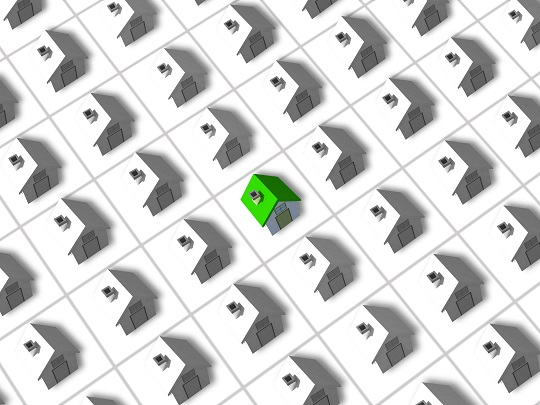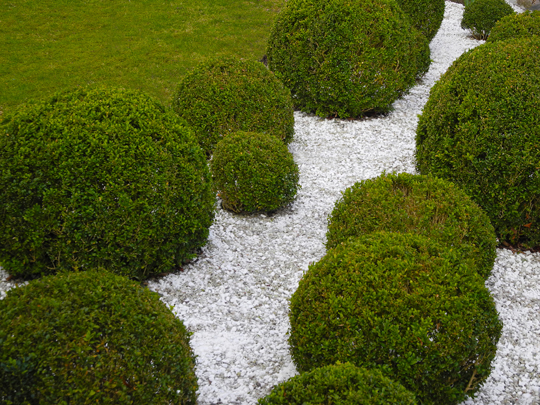Flat roof materials have a lot of variety. They have their own advantages and disadvantages. Flat roof materials are used for roofs that don’t need to be elevated and are used chiefly for bungalows. These roofs are simple and easy to maintain. They don’t cost a fortune and are economical. If you’re thinking of remodeling your roof, these may be a good idea.
Built-Up Roof
Built-up roofs are also known as tar roofs or tar-paper roofs. These roofs are made chiefly of asphalt felt covered with pitch or liquid asphalt. To provide UV protection, gravel is often added. These kinds of roofs are often found on older buildings. These roofs are very low in cost but have many disadvantages such as not providing enough cooling properties during the summer.
Modified Bitumen
Modified bitumen roofs are also asphalt roofs that have been chemically modified to give them a rubbery consistency. The chemicals most often used to make them rubbery are atactic polypropylene and styrene butadiene styrene. The advantage of these kinds of flat roof materials is that they have a wide variety of surface options. These kinds of roof materials can be heat applied. They are, however, inferior modern materials.
Thermoplastic Polyolefin
This type of flat roof material is highly waterproof and remains waterproof throughout its lifespan. It is non-flammable and is easy to install and repair. It is also very easy to weld and, at low temperatures, remains pliable. This is a very modern roofing material that has many benefits and is fairly new.
PVC Roofs
PVC roofs are by far the most advantageous roofing material. These roofing materials reflect sunlight, making the home cooler in the summer months. They are also easier to install and last longer than other roofs.
Need Help Deciding?
Contact TalkLocal today and we will help you find an expert near you! Roofers can help you find the proper roofing material for your home. Count on Talk Local to connect you with the right professional in just minutes.










